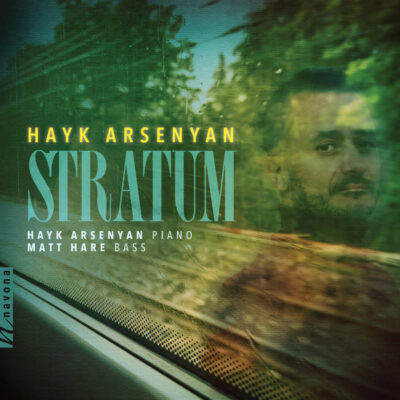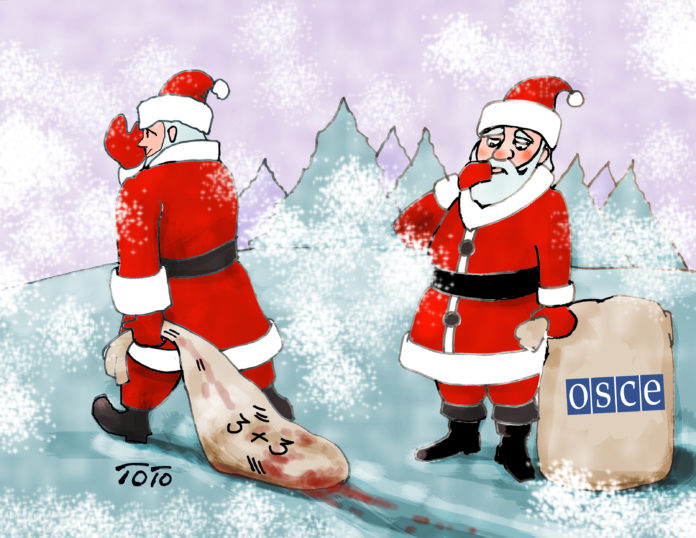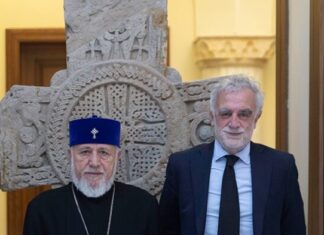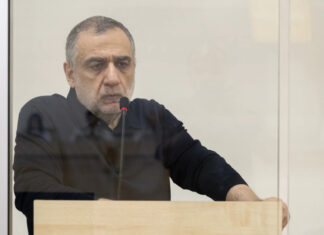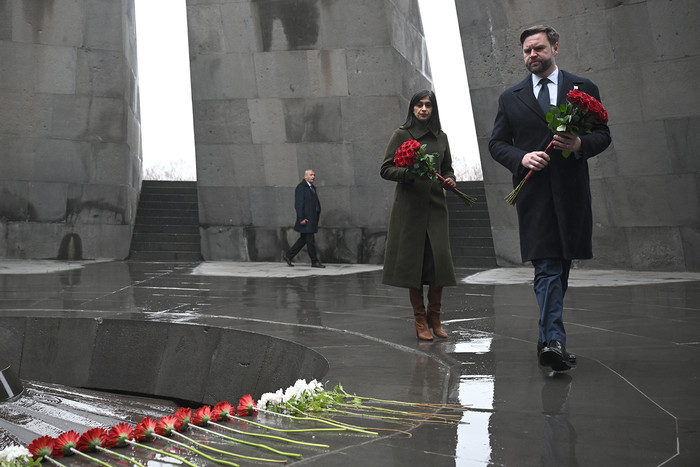A new order is taking shape in the Caucasus, following the 44-day war between Armenia and Azerbaijan last year. Although the war was between those two countries, the instigators and beneficiaries were two major players, namely Russia and Turkey.
Azerbaijani President Ilham Aliyev has cause to rejoice, yet he has a hollow victory to present to his public, which has begun to question the cost for that win: 18,000 Azerbaijani casualties.
The actual winners were Russia and Turkey, at the expense of Azerbaijani sovereignty. Ankara has virtually taken over the command of the Azerbaijani government and army, under the slogan of “one nation, two governments.”
In the meantime, Russia, which had lost its foothold on Azerbaijani soil, has returned there with force for the long haul. As Neil Hauer writes: “If you’re sitting in the Kremlin, you are likely quite pleased with how 2021 turned out in the Caucasus. … The entrance of Russian peacekeepers into Karabakh at that war’s conclusion had been a goal ever since the conflict’s outbreak three decades ago. Their presence has seen the territory transform into a Russian protectorate in all but name. Even more crucially, it is a hefty source of leverage against both Armenia and especially Azerbaijan. So alongside the Georgian breakaway states of Abkhazia and South Ossetia, whose status is unchanged, Russian troops are now deployed on the de jure territory of all three South Caucasus republics.”
Moscow’s intention to keep Karabakh under its sway was manifest since the collapse of the Soviet Union, when Arkady Volsky, the representative of the USSR Politburo to Karabakh, promoted the idea. But at that time, the inexperienced Karabakh movement leaders had their own unrealistic goals which ran counter to Volsky’s.
Today, Moscow has been consolidating its position in the region and jealously guarding it against intruders. It is in this landscape that the renewed East-West rivalry is being enacted. It is in Russia’s interest to keep the conflict continuing as the warring parties have come to accept Russia’s role as a mediator and arbiter. Hence, every time the Organization for Security and Cooperation in Europe (OSCE) Minsk Group, tasked with bringing peace to Karabakh since 1992, tries to take the initiative, Moscow comes up with a counteroffer to keep the West away from the region.
